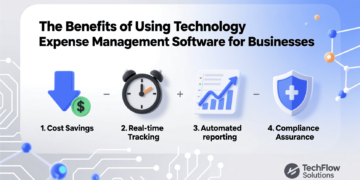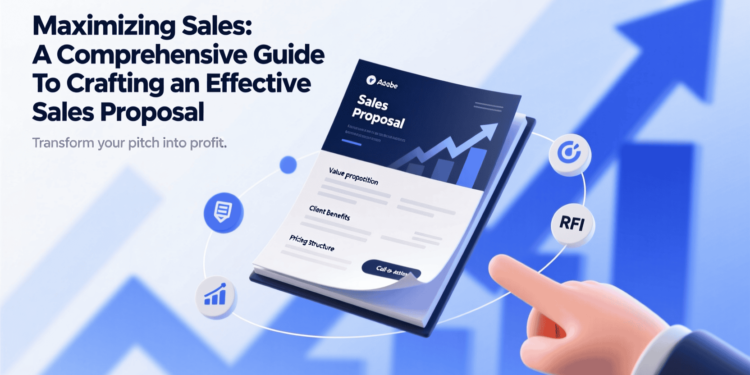Sales are the lifeblood of any business, and the ability to produce a clear, compelling sales proposal can be the difference between winning and losing a deal. To ensure that your proposals stand out from the competition, mastering the art of sales proposal writing is essential. Keep reading to delve into the strategies and components that can help turn your proposals into winning business agreements.
Understanding the Key Elements of a Sales Proposal
The importance of a well-crafted sales proposal cannot be overstated. It acts as your business’s introduction and sets the tone for all future interactions. Therefore, a successful proposal must begin with an understanding of the key elements that form its structure.
Start by outlining the problem or opportunity your potential client is facing and position your proposal as the optimal solution. Be specific in detailing the benefits your services bring to the table, showing how they align with the client’s goals.
Examples within the proposal are indispensable. Whether it’s including a detailed sales proposal example with a solution like Qvidian or illustrating your points with graphs and charts, visual aids can make your arguments more digestible and memorable. Therefore, ensuring your proposal is visually appealing and engaging is just as important as the content itself.
Crafting a Persuasive Executive Summary for Immediate Impact
The executive summary is the cornerstone of any sales proposal, often determining whether the rest of the document will even be read. It should succinctly capture the essence of your offer, drawing the reader in and compelling them to learn more.
Tone and brevity are crucial in the executive summary. It should convey confidence and enthusiasm for the future partnership, without being overly verbose. A busy client might not read beyond this section if it’s not engaging, so it is essential to make every word count.
Customization is key. The executive summary is not one-size-fits-all; it needs to reflect an understanding of the specific client’s industry, challenges, and objectives. This bespoke approach will demonstrate to the client that you are sincerely invested in their success, not just in closing a deal.
Tailoring Your Sales Proposal to the Prospect’s Needs
The content of your sales proposal should mirror the needs and language of your potential client. A one-size-fits-all approach is likely to fall flat, so take the time to tailor your proposal to each prospect. Understand the client’s history, market position, and industry context to create a customized proposal that speaks directly to them.
Align your solution with the prospect’s objectives. Whether it’s cost-saving measures, efficiency improvements, or revenue growth, your proposal should make it clear how your services or products align with the various touchpoints of their strategic plan.
Language and tone play a subtler yet significant role in tailoring your proposal. Use the terminology that is prevalent within the prospect’s industry. Mirror their corporate communication style, whether it’s formal or conversational, to reinforce the notion that you operate on the same wavelength.
Utilizing Data and Case Studies to Build Credibility
Building credibility is an integral aspect of a persuasive sales proposal. Data and evidence-based case studies are your allies in this endeavor. Providing clear metrics that substantiate the success of your services or products can give prospects tangible evidence of what you can achieve.
Case studies, particularly those relevant to the prospect’s industry or challenge, can be incredibly powerful. They tell the story of how you have successfully helped other clients, thereby suggesting a repeat performance with the prospect in question.
Another element is the visual representation of data. Graphs, charts, and infographics can deliver complex information at a glance, making them indispensable tools in your proposal. These visuals aid in explaining trends, results, and projections in a more digestible form, ensuring that important details stand out.
Overall, your ability to craft and follow through with an effective sales proposal can significantly impact your business’s growth and success. By ensuring that your proposals are tailored to each prospect, grounded in data, and followed up with strategic communications, you’re setting the stage for a fruitful collaboration.








































